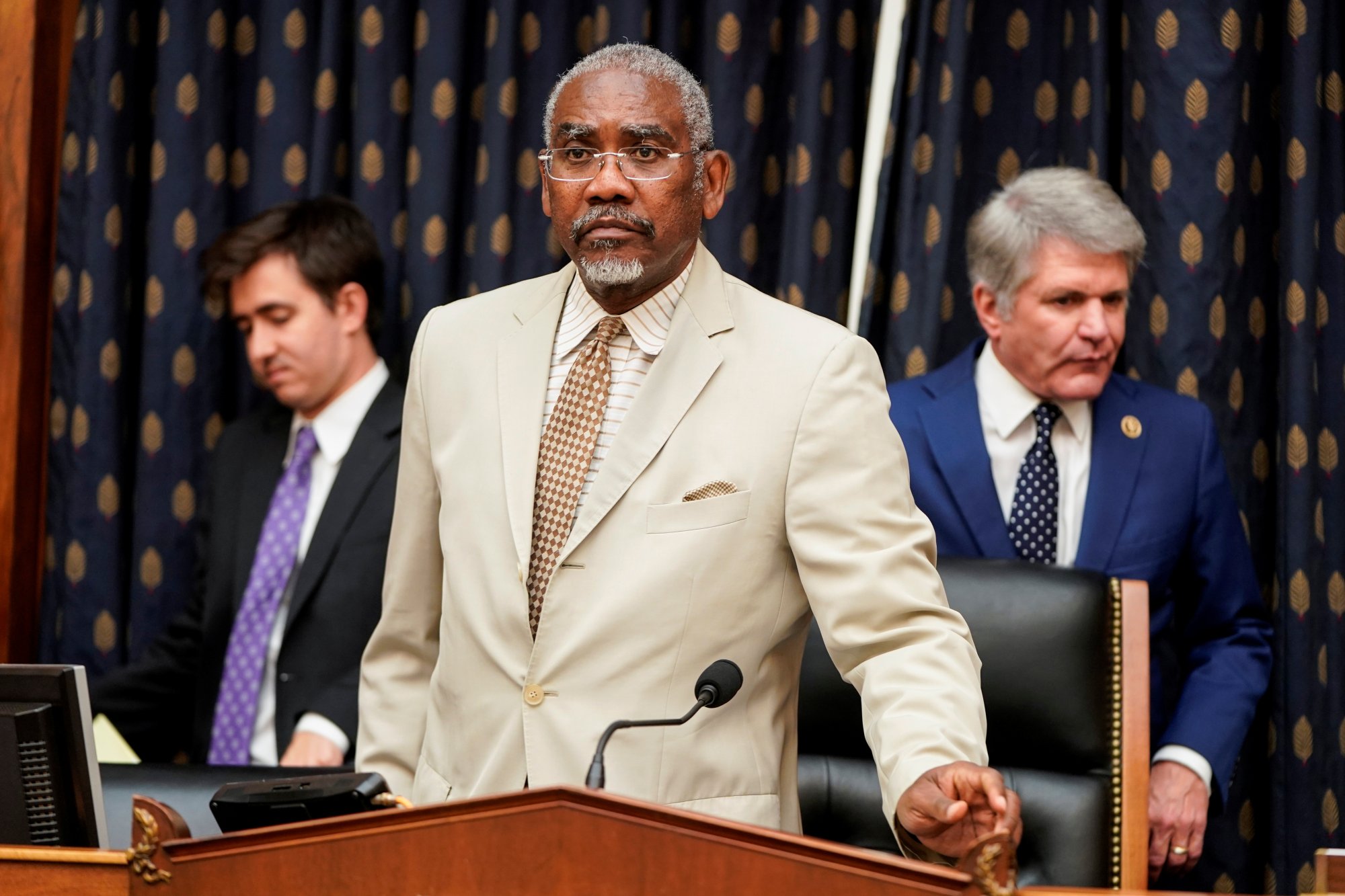
In a significant development reported by SCMP News on November 30, 2023, the US House Foreign Affairs Committee has passed several bills targeting China, signaling a strong bipartisan stance against Beijing’s policies. These measures include potential restrictions on US investments in Chinese AI and hi-tech sectors and could lead to the closure of Hong Kong’s representative offices in the US.
One of the bills, introduced by Texas Republican Mike McCaul and New York Democrat Gregory Meeks, requires American firms to report investments in Chinese companies involved in developing AI, quantum computing, hypersonics, and semiconductors. This move extends beyond the Biden administration’s current restrictions on overseas investments, aiming to limit China’s access to technology that could threaten US national security.
The committee also approved legislation to strengthen cooperation with India, Japan, and Australia under the Quadrilateral Security Dialogue, or Quad. The Quad, initially formed for humanitarian and disaster relief efforts, has been revived to counter China‘s influence in the Indo-Pacific region.
ALSO READ: US House Foreign Affairs Committee Unanimously Passes Bill to Resolve Tibet-China Dispute
Another key piece of legislation passed was the Hong Kong Economic and Trade Office Certification Act. Introduced by Republican congressman Chris Smith of New Jersey, this bill requires the US President to assess whether Hong Kong’s offices should retain their diplomatic privileges, granted under the 1992 Hong Kong Policy Act. The legislation arises from concerns about Hong Kong’s autonomy under Beijing’s increasing control.
Human rights issues were also a focal point, with bills addressing the plight of Tibet‘s and Uyghur’s populations. The Promoting a Resolution to the Tibet–China Conflict Act aims to counter disinformation about Tibet from Beijing and broaden the US definition of “Tibet” to include Tibetan areas in Qinghai, Sichuan, Gansu, and Yunnan provinces. Meanwhile, the Uyghur Policy Act of 2023 seeks to appoint a special coordinator for Uyghur issues in the State Department and fund human rights advocacy in majority-Muslim countries.
These legislative actions reflect growing concerns in Washington about China’s human rights record, its assertive foreign policy, and technological advancements. They signal a bipartisan commitment to challenging Beijing on multiple fronts, from technology and human rights to geopolitics in the Indo-Pacific region.






